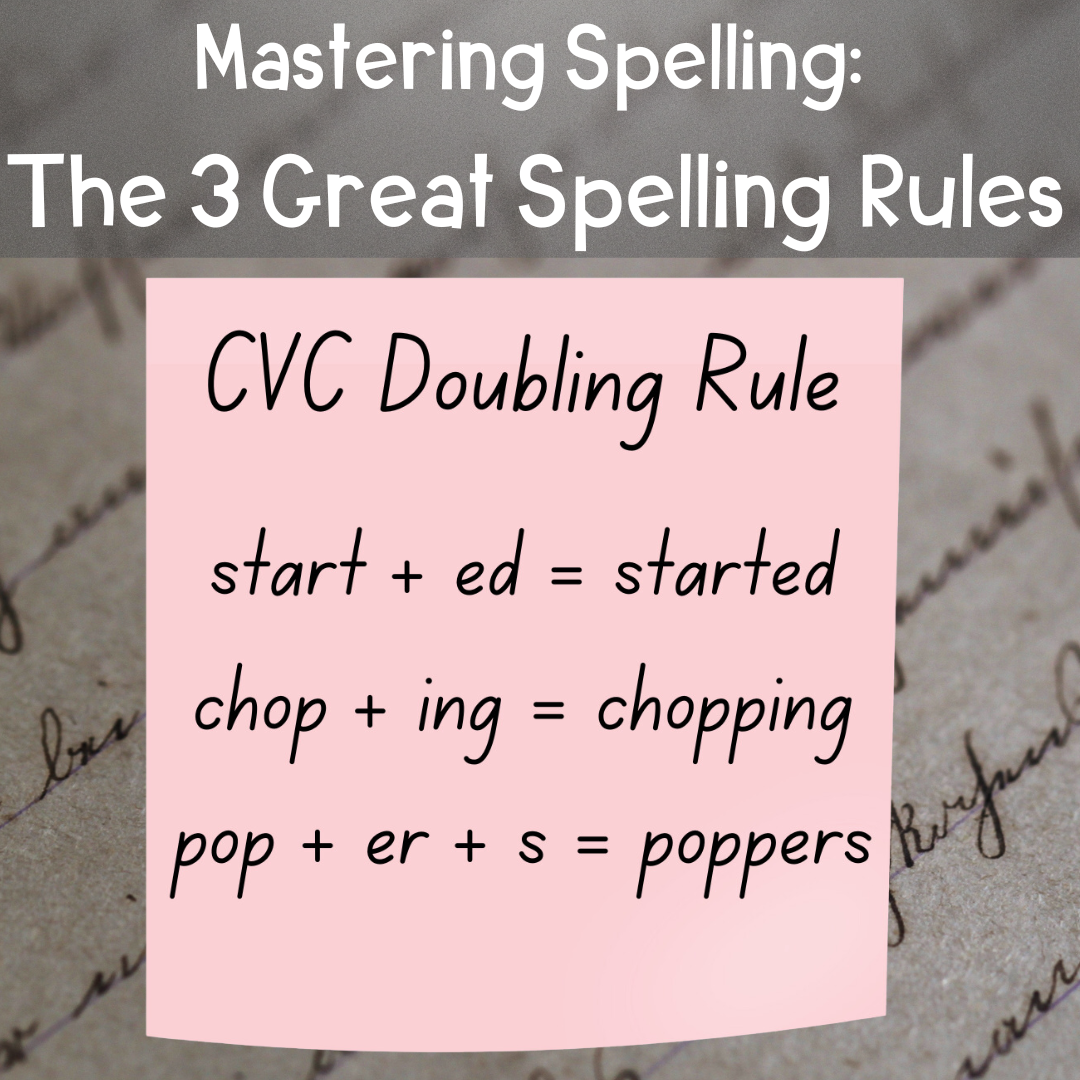In grade 3, students are expected to have a solid foundation in spelling. Understanding and applying spelling rules can help students become more confident in their writing. Here are some important spelling rules that grade 3 students should know:
One important spelling rule for grade 3 students is the silent E rule. When a word ends with an e, the e is usually silent and the vowel before it is long. For example, in the word “cake,” the e is silent and the a is pronounced as /ā/. This rule applies to words like “bike,” “note,” and “cute.”
2. Doubling Rule
Another spelling rule for grade 3 students is the doubling rule. When adding a suffix to a word that ends in a consonant-vowel-consonant pattern, double the final consonant if the stress is on the last syllable. For example, in the word “hop,” when adding the suffix “-ing” to make “hopping,” the final consonant p is doubled. This rule applies to words like “run” (running), “swim” (swimming), and “hop” (hopping).
3. Plural Rules
Grade 3 students should also be familiar with the rules for forming plurals. Most nouns form their plural by adding -s or -es to the singular form. For example, “cat” becomes “cats” and “box” becomes “boxes.” However, there are some exceptions to this rule, such as words that end in -s, -ss, -sh, -ch, or -x, which form their plural by adding -es (e.g. “bus” becomes “buses”).
4. Y to I Rule
When a word ends with a consonant followed by a y, change the y to i before adding a suffix. For example, in the word “happy,” when adding the suffix “-ness” to make “happiness,” the y is changed to i. This rule applies to words like “cry” (cried), “try” (trying), and “reply” (replied).
5. Irregular Spelling Words
Grade 3 students should also be familiar with irregular spelling words that do not follow specific rules. These words need to be memorized through practice and repetition. Some examples of irregular spelling words include “said,” “because,” “friend,” and “does.”
By understanding and applying these spelling rules, grade 3 students can improve their spelling skills and become more confident in their writing. Practice and repetition are key to mastering these rules, so encourage students to engage in regular spelling activities and exercises. With time and effort, students can become proficient spellers and enhance their overall language skills.
